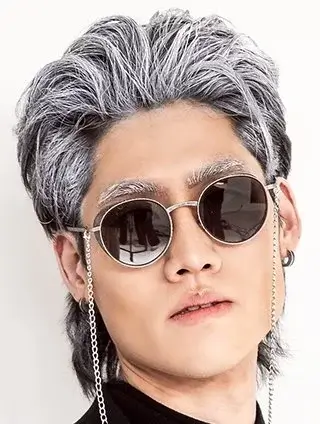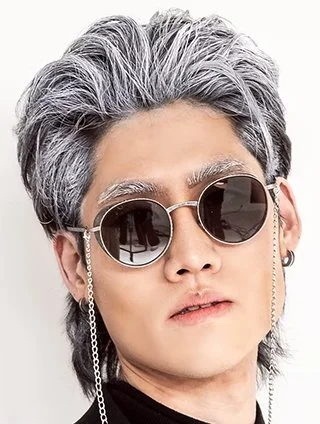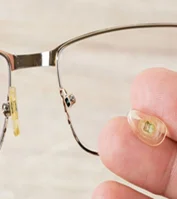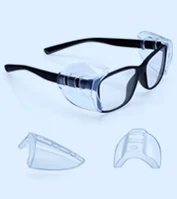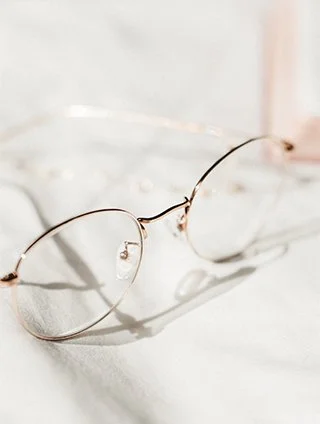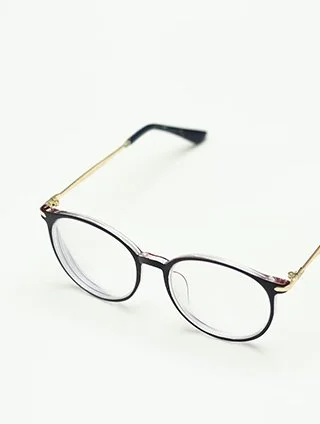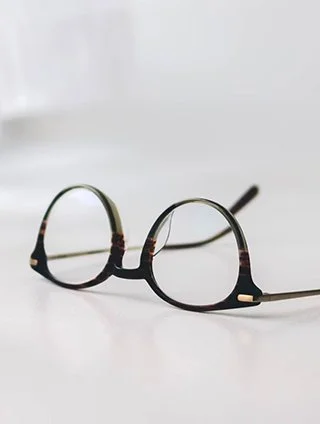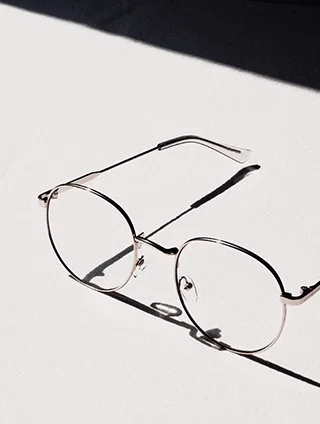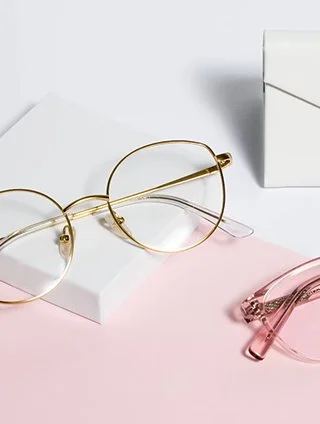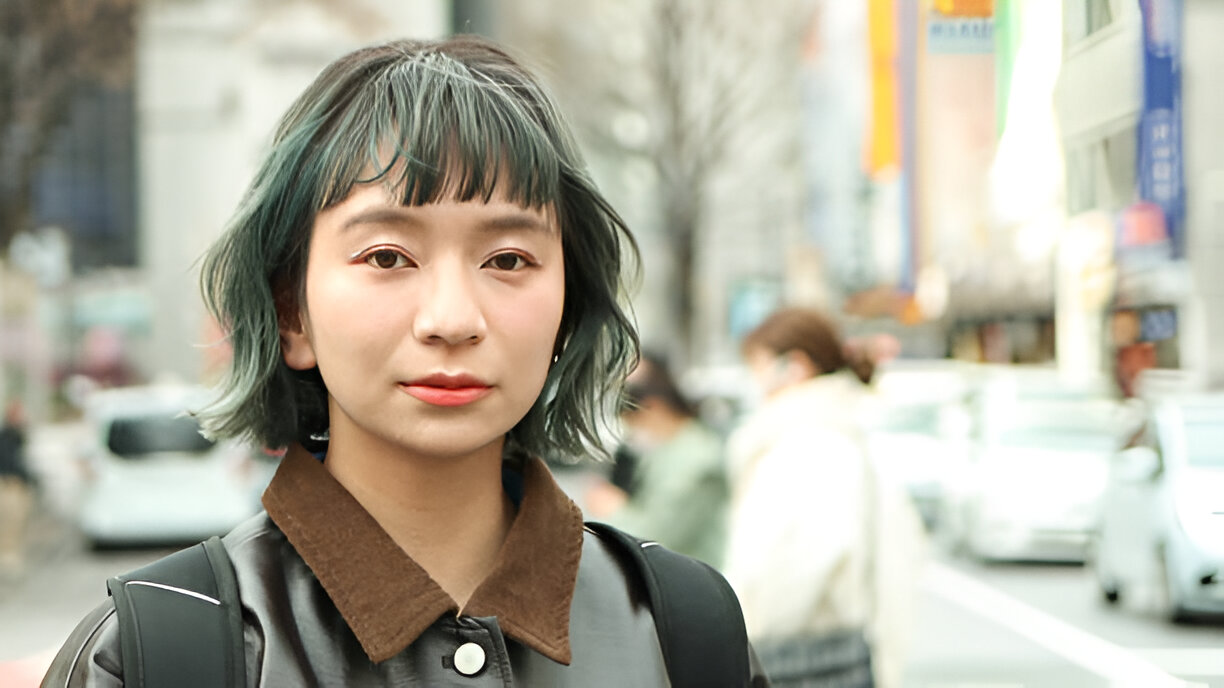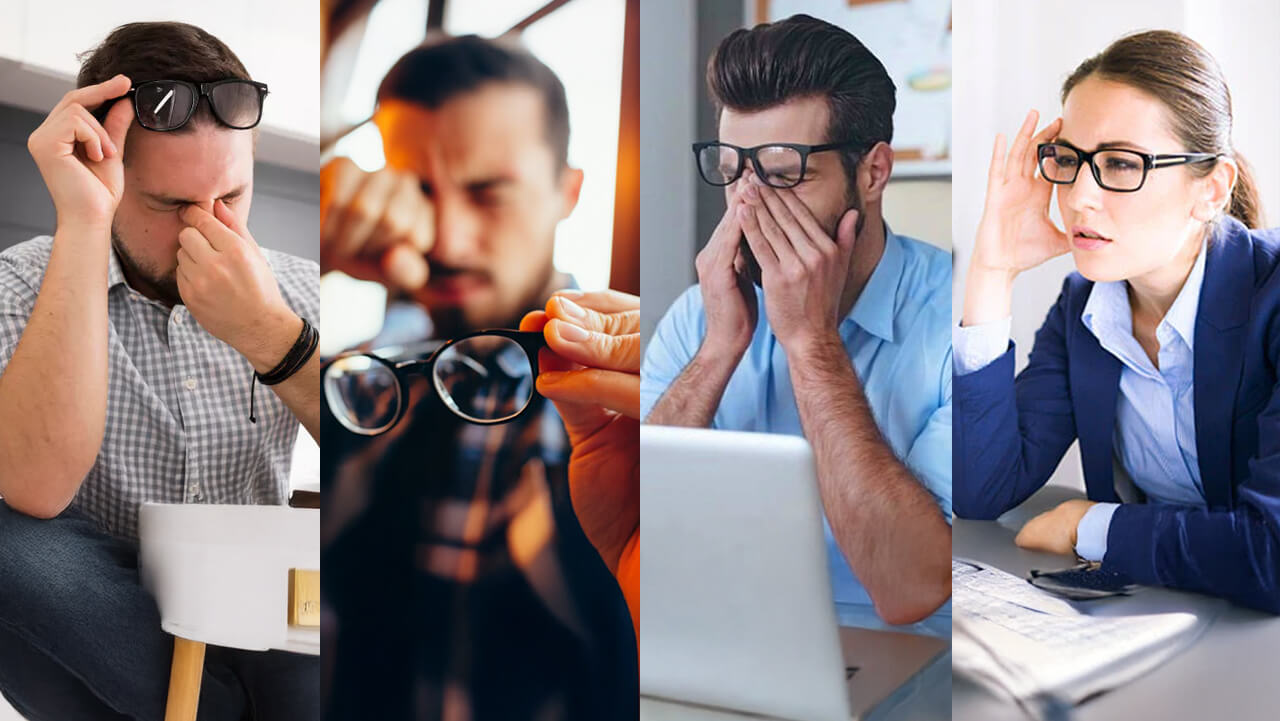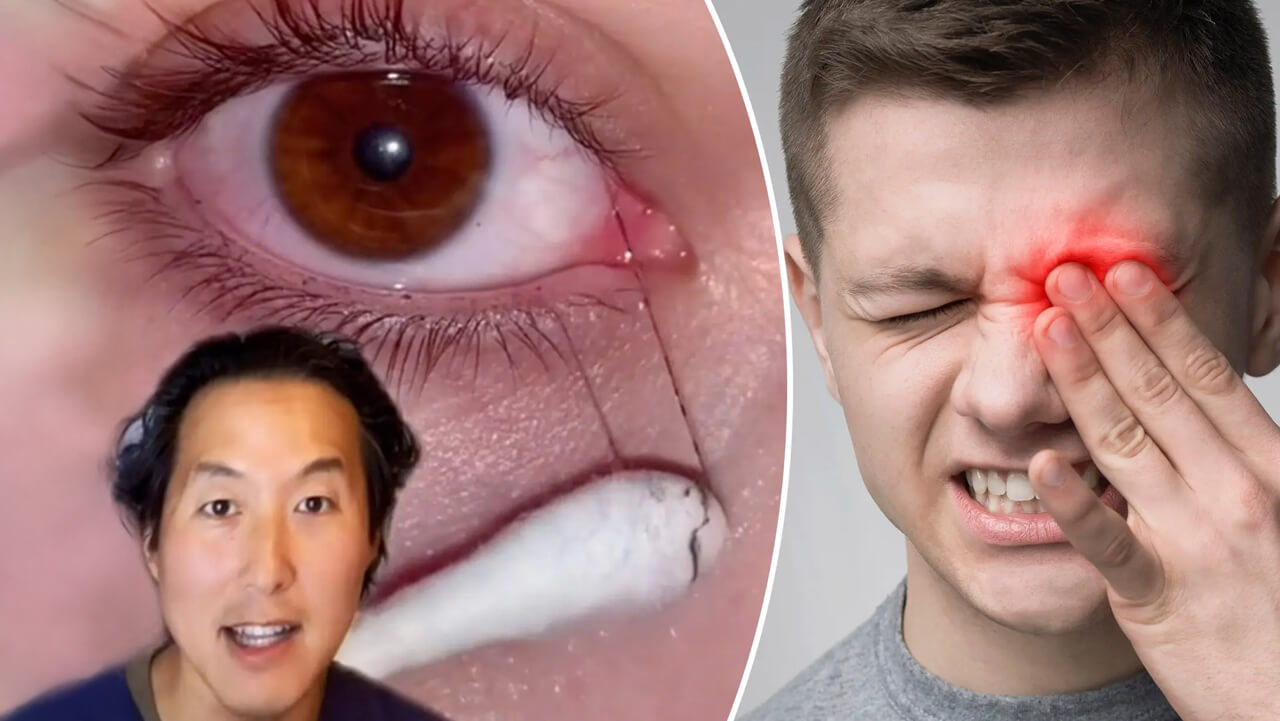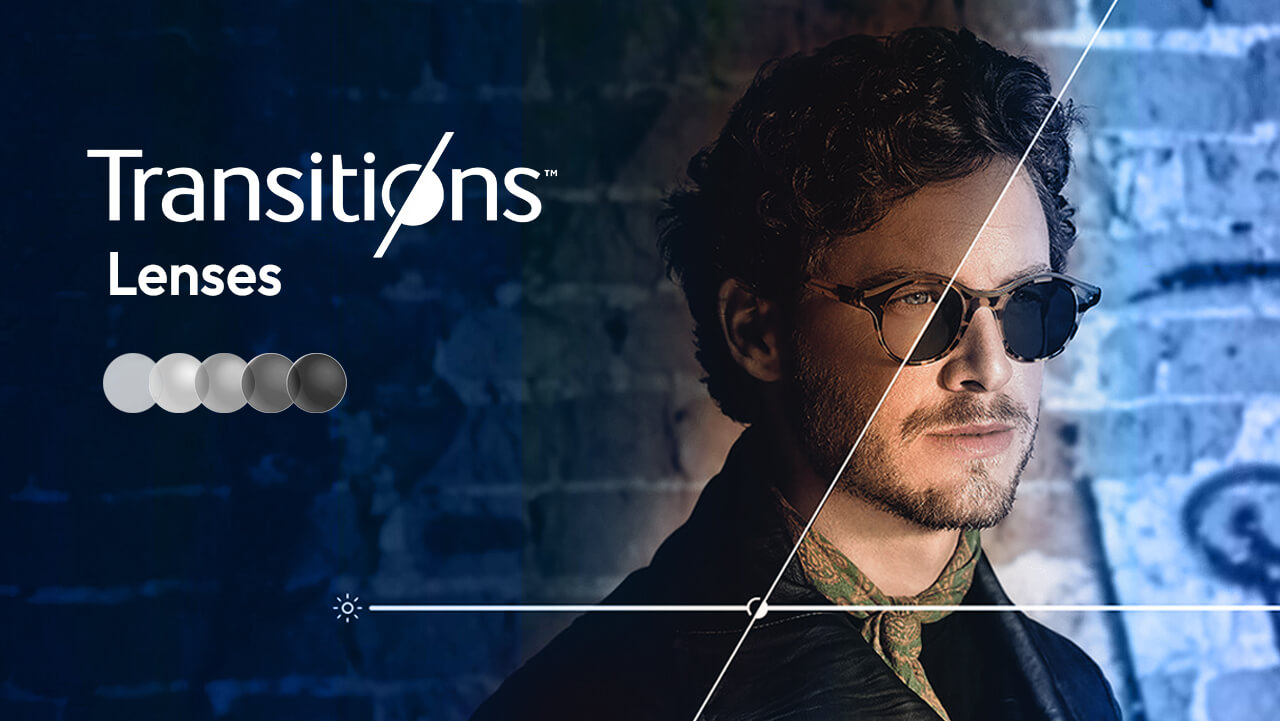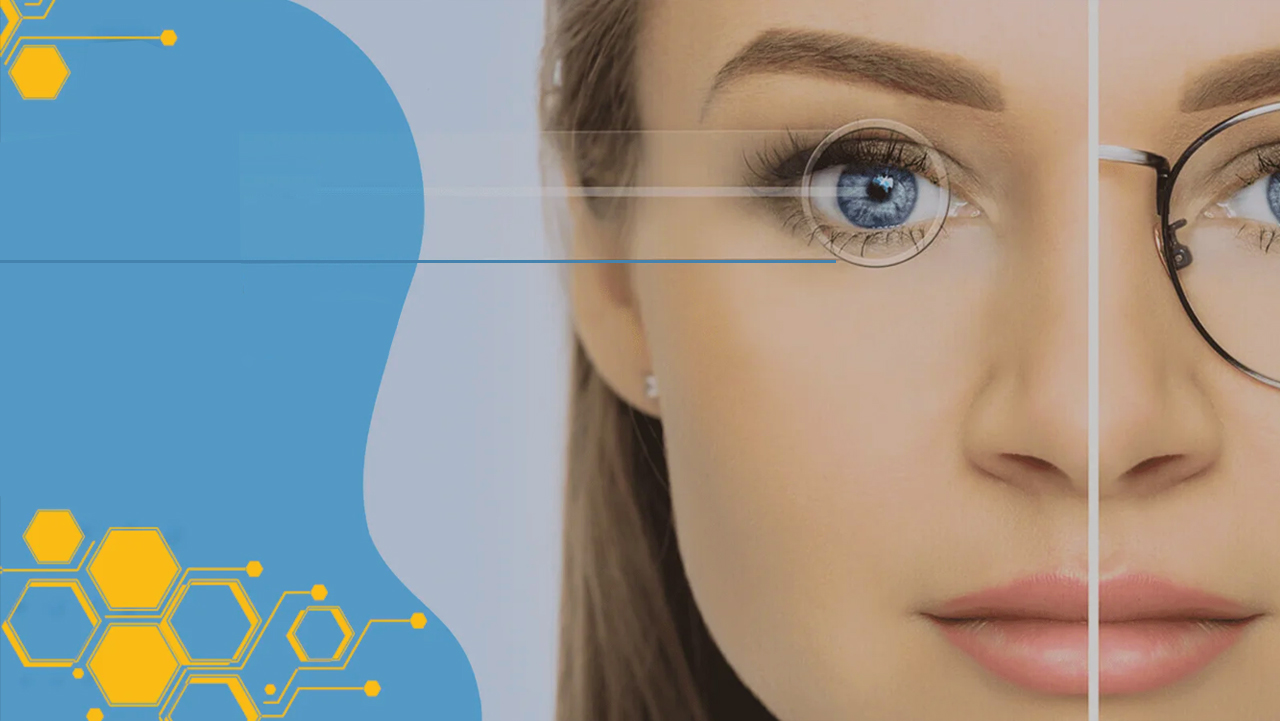Last updated: Wednesday, January 22, 2025
Burning eyes are a burning or stinging feeling in one or both of your eyes. It may be difficult to work and drive because of this painful symptom that interferes with daily living. Frequently, burning eyes typically occur because of irritation or a deficiency of lubricant (tears). The symptoms could appear abruptly and disappear right away, or they could linger for several weeks or months.
Why Do My Eyes Burn When I Wake Up?
It's difficult to wake up in the morning, when you have burning eyes, your eyes will hurt swell bloodshot, and burn. Dry eye syndrome, an allergic reaction blepharitis pink eye, or even an object lodged in the eye can all cause this awful morning feeling.
Your tear glands may occasionally become blocked with debris or bacteria, which prevents them from secreting the tears and oils required to keep moisture in the skin. This is why you may occasionally feel a burning sensation. Fortunately, simple treatments exist to relieve your burning eyes.
Getting an accurate diagnosis and efficient treatment for your burning eyes requires visiting an optometrist who can examine your eyes and identify the cause of the condition. Within a few days, your eyes should start to look better if your optometrist determines that your tear glands are clogged and need to be cleaned with Lipiflow or Blephex. In more serious situations, your eye doctor might recommend medicated eye drops for you.
Why Do My Eyes Burn At Night?
Taking certain medications using screens too much at night and having certain medical conditions are some causes of dry eyes at night. Drugs or herbal remedies may be used as treatments. Severe discomfort, such as burning itching and blurred vision can be caused by dry eyes during the night.
For What Reason Do Eyes Burn?

These are some causes of burning eyes.
- Allergies: When exposed to mold pollen or other allergens, people with allergic rhinitis (hay fever) or other allergies may experience eye burning. Burning in the eyes can also occur when you touch an allergen such as dust or pet dander and then touch your eyes.
- The inflammation or irritation of the margins of your eyelids is known as blepharitis. In addition to burning in your eyes, blepharitis can cause other symptoms like crusting around the edges of your eyes or red swollen lids.
- Either insufficient tear production or excessive tear evaporation brings the condition known as dry eyes. Your eyes may burn, sting itchy or feel gritty if they aren't properly lubricated.
- Irritants: Some chemicals in common products may irritate your eyes. These items have the potential to irritate and burn when nearby. Typical irritants for the eyes are household cleaners makeup removers cigarette smoke perfumes and preservatives in personal care products.
- Low humidity: Dry indoor air can cause your skin and hair to feel parched as well as cause your eyes to become dry. The air quality may be to blame if you notice that your eyes burn more when you're inside in a warm environment. Distinguishing between seasonal and chronic dry eye symptoms is important. If the cause is dry indoor air you experience no problems when you are in a more humid setting. You always experience burning and dryness in your eyes when you have dry eye disease.
- Rosacea of the eyes: Inflammation of the surrounding skin characterizes rosacea of the eyes. This ailment may result in crusty discharge redness swelling and burning in the eyes.
- Sunburns on the eyes are called photokeratitis. This may occur following exposure of your eyes to UV radiation from tanning beds or the sun. Additionally, some laser types of lights and construction equipment can cause photokeratitis in people.
- Conjunctiva is the membrane that covers the inside of your eyelid and the surface of your eye becomes inflamed when you have pink eye (conjunctivitis). Bacteria viruses or allergens can bring this illness on. You may also experience redness a scratchy sensation and crusting on your eyelids or lashes if you have pink eye.
- Pterygium is the term for an overabundance of tissue on the surface of the eye. Early on you might experience burning dryness and a grainy feeling. You could eventually get a lesion (growth) on your eye.
- Shingles: The varicella-zoster virus which causes chickenpox can infect people and cause blisters or a painful rash on their skin. Pink eye symptoms such as burning crusting and redness can appear if shingles spread to one or both of your eyes.
- Sjögren's syndrome: This condition causes your body to produce less moisture overall, including through tears. Your eyes burn or feel scratchy when there aren't enough tears in them to lubricate them.
What Causes Eyes To Burn At Nighttime?
Fatty oils aqueous fluid and mucus comprise the three layers of the eye's tear film sources. When combined, these aid in maintaining lubricating and safeguarding the health of your eyes. Tear deficiency—a condition in which there are insufficient tears to lubricate the eyes—or tear film instability can contribute to dry eye. It could occur because of:
Fewer tears are being made.
- Inadequate quality of tears.
- Too many tears going bad too soon.
- You may be suffering from dry eyes at night due to one of the following common risk factors:
- Age: The majority of adults over 65 suffer from some dry eye because of one.
Hormonal changes: Using contraception, getting pregnant, and going through menopause can all affect how easily your body produces tears.
Conditions: Sjögren's syndrome glaucoma diabetes and thyroid problems are among the illnesses that can result in dry eyes according to Trusted Source. Eyelids that are not completely closed at night are known as nocturnal lagophthalmos. As a result, no seal to retain moisture can form.
Medication: As a side effect some drugs can cause dry eyes. Some antihistamines and antidepressants might be among them according to Trusted Source.
Screen time: The blink rate is decreased when you spend a lot of time in front of a computer or smartphone. Tears and dry eyes may result from this according to Trusted Source. If you wear contact lenses during the day you may experience worsening of dry eye symptoms at night.
Vitamin deficiencies: Dry eyes can also result from some dietary deficiencies in omega-3 fatty acids and vitamins A D and B12. Assistance and Management.
How Do Medical Professionals Handle Burnt Eyes?
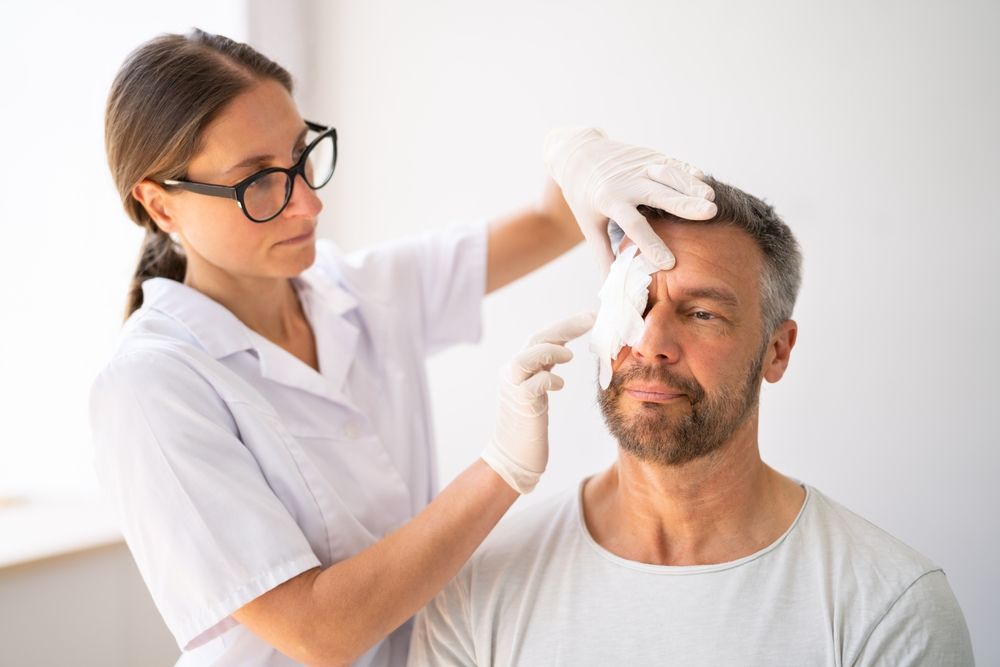
The cause of burning eyes will determine how to treat them. A provider could: ascertain the cause.
- Inquire about the nature and timing of your symptoms.
- Talk about any medical conditions that may run in your family to learn about potential medical conditions.
- Conduct a physical examination and an eye exam. Your healthcare provider might advise allergy testing because the most common causes of burning eyes are allergies or dry eye syndrome. Speak with your doctor if the remedies you try at home don't work.
What Do-It-Yourself Burn-Eye Remedies Do?
You can frequently find relief at home if your burning eyes aren't brought on by an illness that requires medical attention. Among the remedies are:
- Antihistamines or allergy medications: Managing allergies can help reduce allergic pink eye or ocular allergy symptoms. Antihistamine eye drops specifically for treating ocular allergies or pills that help with a range of allergy symptoms are available.
- Baby shampoo: Gently clean your eyelids with a solution of water and baby shampoo to relieve crusting caused by blepharitis. After giving everything a good rinse gently pat dry with a fresh towel.
- Eye drops: To treat dry eyes use artificial tears or lubricant drops that can be purchased over-the-counter. If you have a preservative allergy read the ingredients or look for options without preservatives.
- Eye wash: To remove allergens dust or pollen from your eyes use warm tap water. Alternatively, you could buy an eye wash kit which typically includes sterile saline (salt water) and a tiny cup.
- Warm or cool compresses: To relieve pink eye photokeratitis or blepharitis apply a clean wet washcloth for five to ten minutes.
What Can I Do To Stop My Eyes From Burning?
Not every situation can be avoided to avoid burning eyes. It's challenging to stay away from every virus and allergen for instance. However, you can reduce the chance of getting burned eyes if you:
- Keep away from allergens: Try to avoid anything that aggravates your allergies. When there is a lot of pollen or on windy days keep windows closed. Reduce the amount of allergens in the air in your house by using air filters.
- Use caution: Don't rub your eyes as this may aggravate them or transfer allergens and germs to them.
- Avoid using fragrances: Choose cleaning supplies for the home and personal hygiene that don't have strong odours or fumes.
- Keep swimming water out: To avoid irritating your eyes while swimming wear goggles. Bathe and wash your face after swimming.
- Maintain proper hand hygiene by washing your hands before handling your face or eyes right after using the restroom and right before eating.
- Prevent sun damage by wearing 100% UV protection sports goggles or sunglasses when you're outside during the day.
- Prevent debris: When using tools and construction equipment wear safety goggles or appropriate eye protection. Avoid spreading germs that cause pink eye by not sharing personal products like makeup towels and eye drops with other people.
What Are The Treatments Eyes Burn When I Wake Up?
Warm compresses antihistamines antibiotics and artificial tears are the treatments for eye pain that wake you up. These are efficient means of treating the underlying eye ailment that might be the source of the post-wake-up eye pain. Below is a list of remedies for eye pain that wakes you up.
- Artificial Tears: By adding more moisture to the eyes artificial tears can help reduce the discomfort that dry eyes can cause. Treatment for dry eye with artificial tears may take several weeks to a month.
- Antibiotics: These medications which can be tablets or eye drops can help treat any eye infections that cause pain because of inflammation. Antibiotics work well to treat eye infections symptoms can begin to improve three to four days after treatment begins.
- Antihistamines: Because of the swelling that usually results from allergies antihistamines can help relieve the pain in the eyes. Antihistamines typically start working in half an hour and can be applied topically or as tablets.
- Warm Compress: Because they can increase blood flow to the painful areas warm compresses may be suggested to relieve pain that can result from specific eye conditions. Additionally, it aids in controlling the production of oil and preventing meibum buildup on the edges of the eyelids which can result in dry eyes.
What Can You Do to Avoid Getting Eye Pain Upon Waking Up?
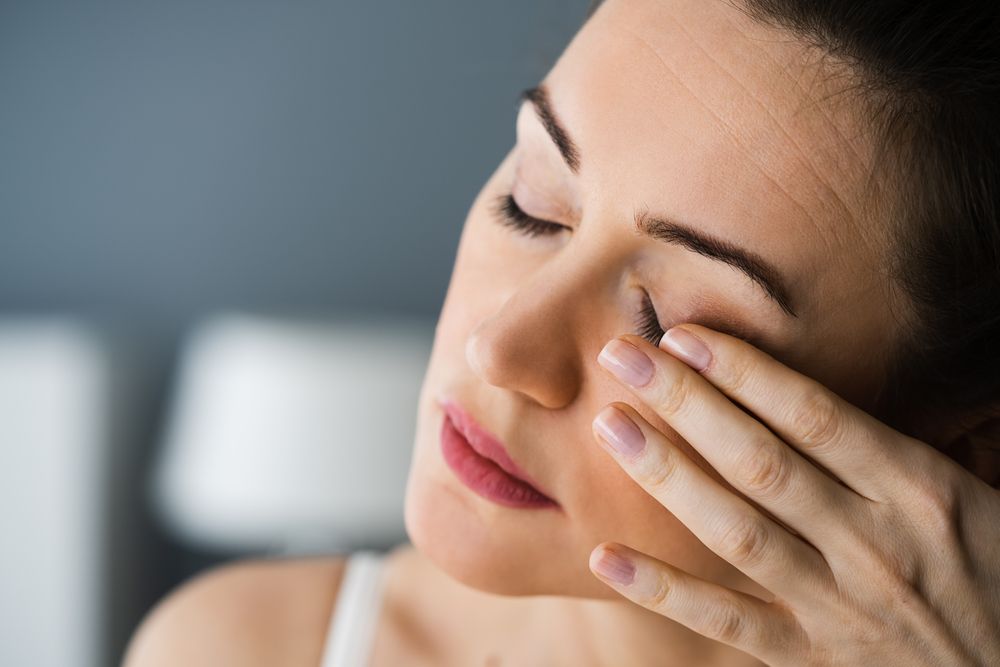
Try keeping your eyes moisturized washing your hands well taking allergy medicine regularly and scheduling routine eye exams if you want to avoid having pain in your eyes when you wake up. The following is a list of tips to help you avoid having eye pain when you wake up.
- Preserving moisture in the eyes: Preserving moisture in the eyes can help avert the onset of dry eyes as well as general discomfort and irritation of the eyes. To lessen the likelihood that your eyes will dry out at night you might find it useful to put artificial tears in them just before bed.
- Maintain proper hygiene: If you wash your hands frequently and try not to touch or scratch your eyes you may reduce your risk of getting an eye infection that can cause discomfort.
- Take anti-allergy medication regularly: By keeping your allergies from getting worse you can avoid eye pain and swelling.
- Regular eye exams: Prescription treatments can be started sooner and can aid in the early detection of any eye conditions that may cause pain in the eyes.
Remedies For Dry Eyes At Night
If your dry eyes are bothering you at night or in the morning, see a doctor. They will determine the underlying cause of your dry eyes and assist in creating a personalized treatment plan. They might suggest over-the-counter (OTC) or prescription medications like Trusted Source:
- Artificial tears: The most popular Source initial treatment for dry eyes is this type of eye drop. Your eye is moistened as a result of them.
- Artificial tear gels or ointments can provide longer-lasting relief than drops by hydrating the eyes but they may impair vision. To lessen the appearance of blurriness at night use a tiny quantity of ointment.
- Prescription drugs: Some drugs such as cyclosporine (Restasis) lifitegrast (Xiidra) perfluorohexyloctane (Miebo) and varenicline (Tyrvaya) may help decrease inflammation or increase tear production.
- Plugging your tear ducts: If your tear ducts dry out too quickly, it could be the cause of your dry eyes. To preserve your natural tears in this situation your doctor might suggest using plugs to block your tear ducts.
- Surgery: If your eyelids are loose and your natural tears are draining too quickly you may need surgery. Natural solutions to relieve dry eyes at night. You may find relief from your nighttime dry eye symptoms with a few simple home remedies and lifestyle modifications Trusted Source.
- Steer clear of environmental irritants: To shield your eyes from wind smoke and dry air when you're outside wear sunglasses.
- Use a humidifier: Improving the air quality in your bedroom at night can help relieve dry eye symptoms.
- Cut down on screen time by blinking frequently and taking frequent pauses. Slide your screen a little bit below your field of vision.
- Opt for a different pair of glasses if you currently wear contacts.
- Remain hydrated: Maintaining adequate hydration helps your body produce tear film and function correctly.
- Cleanse the eyelids: Close your eyes and use a tiny bit of eyelid cleanser on your fingertips to gently wipe the area around the base of your lashes. Alternately dab your eyes with a warm cloth.
- Eat healthy: Making sure you get enough omega-3 fatty acids vitamins A D and B12 as well as minerals may help reduce the symptoms of dry eyes. Regarding supplements, you can also consult a medical expert.
- Consider acupuncture therapy: some patients have reported acupuncture to help lessen symptoms of dry eye disease.
When Should I Visit A Doctor If My Eyes Are Burning?
It's critical to identify the source of your eye burning because you might require medical attention. If you're not sure why your eyes are burning or stinging consult a medical professional. If you suffer from any kind of eye pain you should also get in touch with one of these:
- High temperature.
- Haggard.
- Eye loss.
- Razor burns on your body or face.
- Light sensitivity.
Bottom Line
The following conditions can cause burning eyes: pterygium, dry eyes, blepharitis allergies, sunburn, and ocular rosacea. To address the underlying cause of burning eyes a person may need medical attention. Additionally, they might want to try home treatments like using OTC eye drops washing their eyelids with lukewarm water drinking plenty of water, and avoiding any known allergens or irritants. It's critical to get in touch with a physician if someone has burning eyes. To ascertain the cause, the physician will examine the eyes and inquire about symptoms.
FAQ's
What is burning eyes a symptom of?
Burning eyes can result from various factors, including allergies, dry eye syndrome, environmental irritants like smoke or pollution, infections such as conjunctivitis, or prolonged screen time.
How to cure burning watery eyes?
To alleviate burning and watery eyes, consider using lubricating eye drops to relieve dryness, applying a warm compress to reduce inflammation, and avoiding known irritants. If symptoms persist, consult a healthcare professional for appropriate treatment.
How to stop eyes from burning after waking up?
Burning eyes upon waking can be due to dry eyes or nocturnal lagophthalmos (incomplete eyelid closure during sleep). Using a humidifier in the bedroom, applying lubricating eye ointment before bed, and ensuring complete eyelid closure can help. If the problem continues, seek medical advice.
Why do my eyes burn when I wake up?
Burning eyes in the morning may be caused by dry eye syndrome, exposure to allergens in the bedroom, or eyelid inflammation (blepharitis). Identifying and addressing the underlying cause is essential for effective relief.



